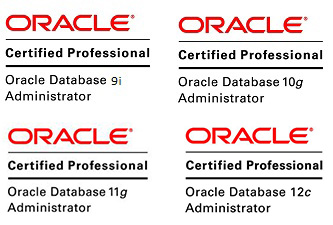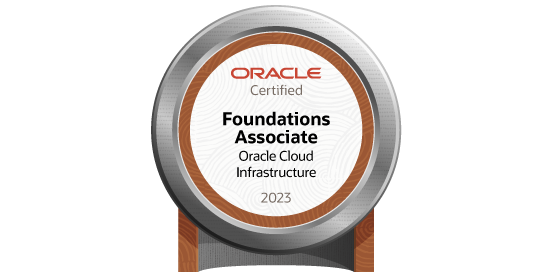How big organizations maintain their data and Oracle Database Administrator tasks performed in it.
Posted by Mir Sayeed Hassan on March 30th, 2025
How big organizations maintain their data and Oracle Database Administrator tasks performed in it.
Here i have highlighter some of the major key points as per the requirement of the interview purpose for the candidates.
Large organizations handle vast amounts of data daily, and maintaining this data efficiently is crucial for operations, decision-making, and regulatory compliance.
To manage data effectively, big organizations typically employ a range of technologies, best practices, and strategies that ensure scalability, security, and accessibility.
Retrieving large amounts of data using Oracle SQL can be challenging due to the potential impact on performance, resource consumption, and database load High Availability and Disaster Recovery
Oracle Real Application Clusters (RAC):
Large organizations typically use Oracle RAC to provide high availability and scalability. RAC allows multiple Oracle database instances to access a shared database, ensuring that if one node fails, the system continues to function without significant downtime. This is crucial for mission-critical applications, such as those in financial services, e-commerce, and telecommunications.
Oracle Data Guard ensures high availability, data protection, and disaster recovery for Oracle Databases. By maintaining synchronized copies of the database (primary and standby databases), organizations can quickly failover to a standby system in case of failure, ensuring business continuity.
Oracle GoldenGate:
This real-time data integration tool allows organizations to replicate and integrate data between Oracle databases and other data sources (including bigdata systems) without requiring downtime. It enables real-time data synchronization, making it easier to manage data across large-scale systems.
Encryption:
Data is often encrypted both at rest (when stored) and in transit (when being transferred across networks). Encryption ensures that even if data is compromised, it remains unreadable.
Database Vault provides fine-grained access control to prevent unauthorized access to sensitive data within the database. It allows for restricting data access based on business rules and regulatory compliance.
Data Storage and Management
Tablespaces Oracle provides tools to manage large amounts of data through tablespaces, which are logical storage containers for database objects (e.g., tables, indexes). By segmenting data into different tablespaces based on its usage (e.g., OLTP, OLAP, backups), large organizations can ensure optimized data storage and faster access.
Table Partitioning:
Partitioning data in Oracle SQL allows large tables to be split into smaller, more manageable pieces. Oracle supports range, list, and hash partitioning, enabling efficient data management and query optimization.
Oracle Optimizer:
Oracle databases use a Cost-Based Optimizer (CBO) to automatically determine the most efficient execution plan for SQL queries. The optimizer analyzes various factors like indexes, table sizes, and query complexity to improve query performance.
Indexing:
Indexes are used to speed up data retrieval. Large organizations carefully design and manage indexes to optimize query performance.
Backup and Recovery
RMAN is a powerful tool for performing backups and recoveries in Oracle databases. It automates the backup process and ensures that database backups are consistent and can be restored efficiently in case of a failure.
Flashback technology enables users to view and restore data to a previous point in time without the need for a full database restore. This is particularly useful for undoing unintended changes.
Oracle Cloud Infrastructure (OCI):
Oracle offers cloud services through OCI, allowing organizations to run and manage their Oracle databases in a hybrid or fully cloudbased environment.
This provides scalability, flexibility, and high availability for data storage and processing.
Oracle Autonomous Database:
Autonomous Database on Oracle Cloud automatically performs routine database management tasks like patching, backups, and scaling, allowing organizations to focus on higher-level tasks
Hence this information will be useful for the Oracle DBA Candidate for there interview purpose.






